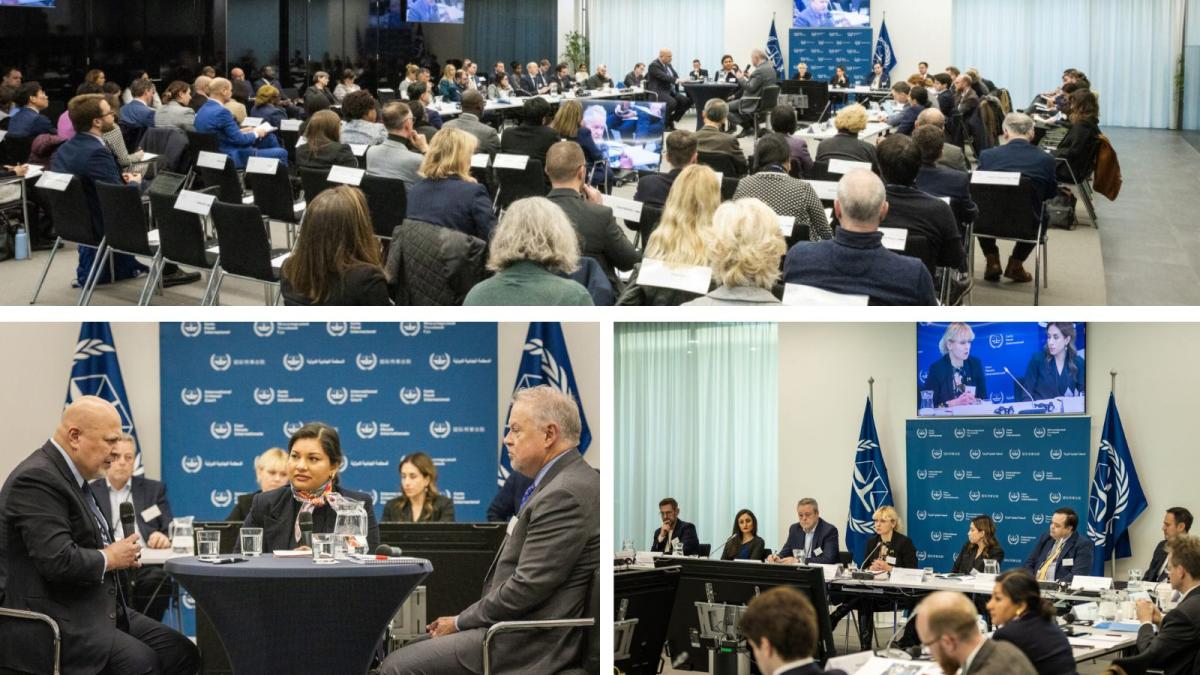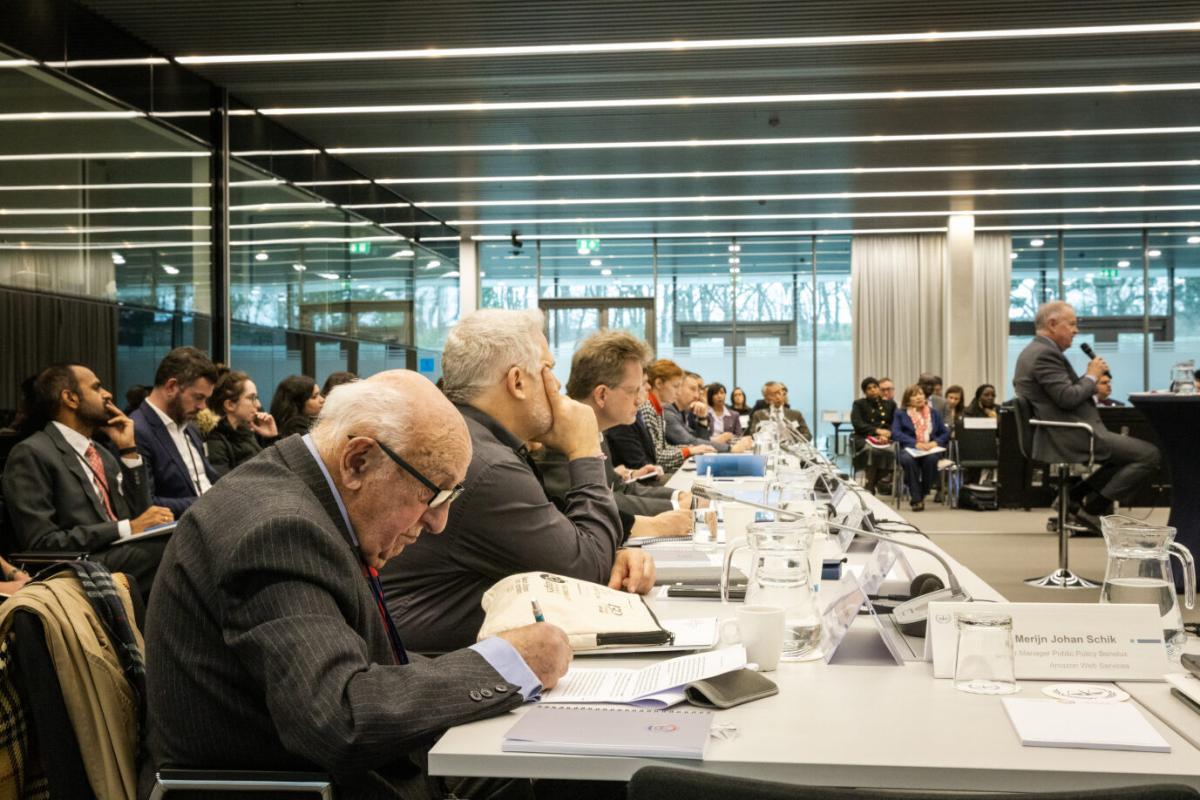Statement by ICC Prosecutor Karim A.A. Khan KC on conference addressing cyber-enabled crimes through the Rome Statute system

Today, my Office was honoured to host an innovative conference addressing cyber-enabled crimes through the Rome Statute system. Gathering more than 100 participants including from 12 cybersecurity and technology companies at the International Criminal Court (ICC) in The Hague, this dialogue marks an important and concrete further step in exploring the less charted territories of cyber-enabled crimes within the context of international criminal law.
As I stated in Foreign Policy last year, cyber-enabled crimes may fall within the ICC’s jurisdiction if the requirements of the Rome Statute are met, and my Office may investigate or prosecute such conduct. One of our thematic priorities this year is to develop a policy setting out my Office’s approach to this emerging issue, building on our engagement with all relevant partners.
As a first step, today’s conference examined the practical implications of the misuse of cyberspace to commit or facilitate serious crimes under the Rome Statute, such as war crimes and crimes against humanity. Cyberattacks, such as those on civilian infrastructure, can have a profound impact on human lives.
In my opening remarks, I noted that the practice of international criminal law has often, by its nature, looked at the past. But we also need to be forward looking, and ensure we are no less equipped to address the crimes of the future. We have to make sure we do this for all kinds of victims and communities affected by conduct prohibited by the Rome Statute. This means recognising the full range of ways in which crimes might be committed or facilitated.
Jointly organised with Microsoft, this roundtable combined the expertise of tech specialists and corporations, allied with the knowledge and experience of our long-term partners from civil society, academia, states, international organisations and the judiciary. It is a concrete example of the value of building and strengthening partnerships as we seek to address cyber operations that often transcend borders, jurisdictions and specialisations.
In panel discussions, experts tackled themes such as the latest online threats, the impact of cyber-enabled crimes on human rights, justice and accountability, the use of artificial intelligence in disinformation, foreign influence operations, digital surveillance and destructive cyberattacks, and the ICC’s potential role in addressing cyber-enabled crimes.

The outcome of this conference will feed into the development of the policy on cyber-enabled crimes, which will be launched this year along with new policies on slavery crimes, environmental crimes, and complementarity and cooperation. This follows the recent publication of our new Policies on Gender-based Crimes and on Children. Together, these efforts reflect my Office’s strategic commitment to enhance our policy framework, to ensure that it is responsive to contemporary challenges and crucially, sets a stronger basis for us to deliver in the courtroom.
Moving forward, my Office is extending its initiatives aimed at modernising our operations while prioritising cyber security and data security. Following the launch of our evidence management platform Project Harmony, the Office will aim to consolidate data in the cloud, implement systems for data governance, and harness AI and machine learning for enhanced data integrity.
I wish to extend my thanks to Microsoft for partnering with us in this crucial work and for their support in the organisation of the event today. I am also tremendously grateful to the various enterprises, institutions, experts and participants who shared their time and inputs. With strong collaboration, I am hopeful that we can collectively ensure that justice is not outpaced by the shifting nature and tools of war.